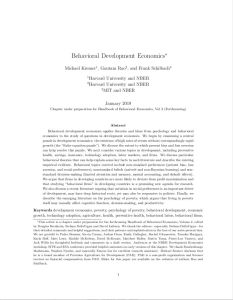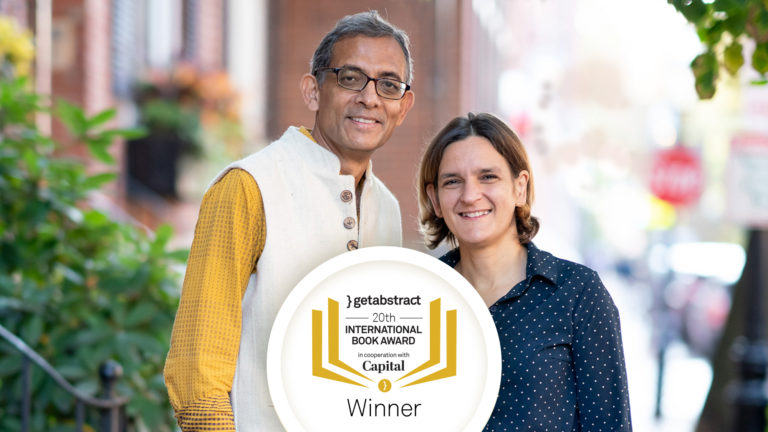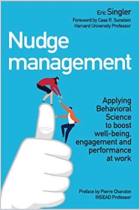In October 2019, Harvard professor Michael Kremer, along with economists Abhijit Banerjee and Esther Duflo, won the Nobel Memorial Prize in Economic Sciences for their groundbreaking work on global poverty. For Kremer, this award acknowledges his efforts at understanding issues in developing markets through the lens of behavioral economics. In this comprehensive report, Kremer and co-authors Gautam Rao and Frank Schilbach explore “behavioral development economics,” a hybrid of human psychology and economics. Academics and policy experts will find this an insightful contribution to the field of development economics.
“Behavioral development economics” seeks to better explain issues in emerging economies.
Researchers in the field of development economics have begun to introduce concepts of behavioral economics into their studies to yield new information regarding the nature of wealth, income and poverty in emerging markets. Practitioners of behavioral development economics explore community and individual biases, preferences and beliefs in the context of larger economic and policy questions concerning growth, business, entrepreneurship, and educational and environmental conditions.
A fundamental demarcation distinguishes growth in the developing economies. Slow economic expansion trajectories in emerging nations are distinct from the elevated rates of return for economic actors operating within the countries. In Sri Lanka, for example, businesses often see returns on capital greater than 50%; in India, returns can be as high as 105%. But interest rates on borrowings in these countries can exceed 70% per year. The classical economic framework predicts that high rates of return on capital lead to rampant growth in consumption...



















Comment on this summary